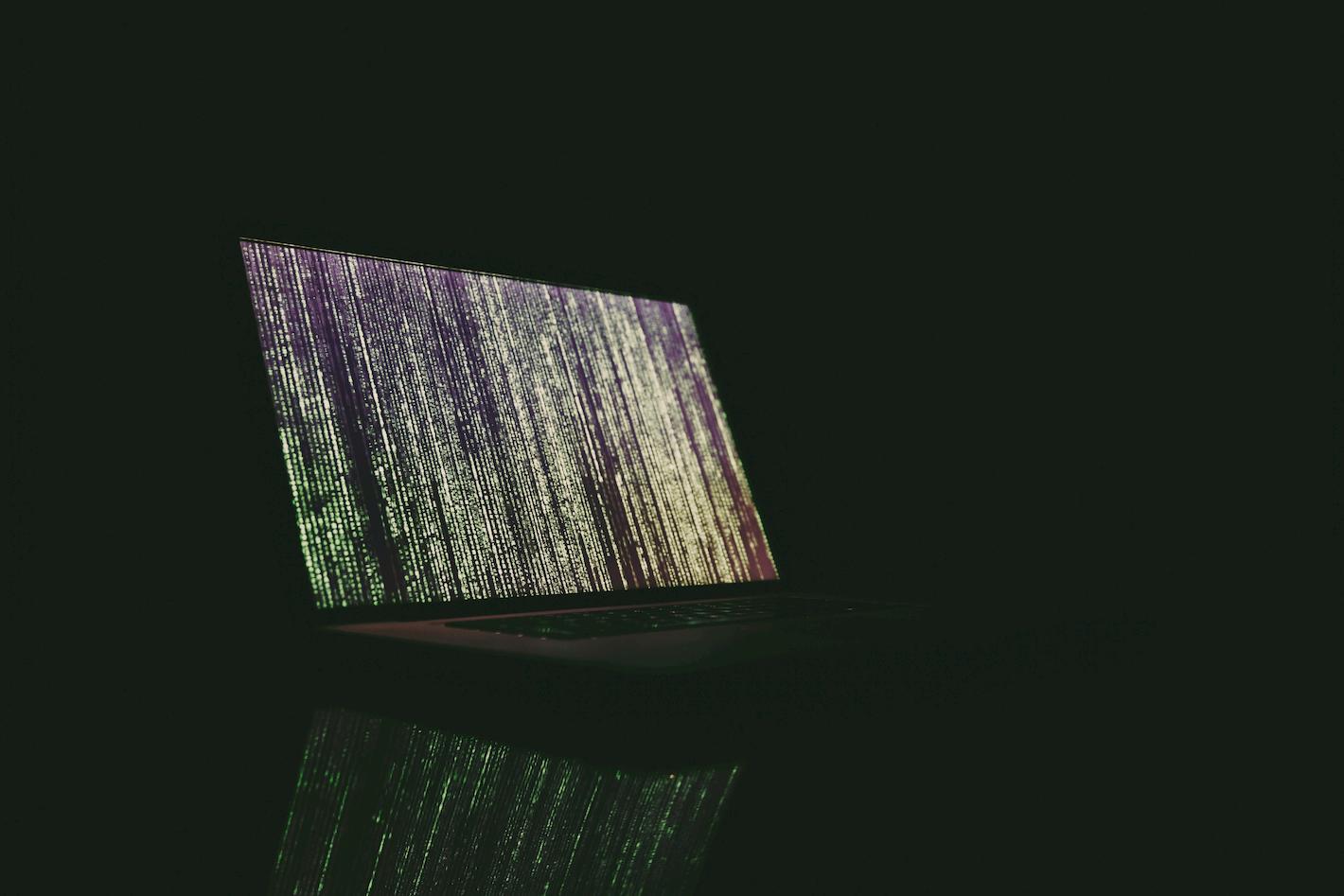A good piece of land that you can call your own. A house with a garden that you have always dreamt of. An art gallery on the most fashionable street in your favourite city. A heavenly beach. Or an Eiffel Tower.
Whatever you dream of, you can have it. Well, kind of.
Welcome to virtual real estate.
Future Is Virtual
One major insight from the global lockdown is that future is meant to be, and will be, digital. During the pandemic, we have learnt that beggars can't be choosers and that once the outside world is shut down, we have to find some ways to replicate our previous lives. And we did, by going remote.
We have transferred a major part of our lives to the virtual world. This digital revolution affected and inadvertently changed social interactions, everyday habits and numerous industries. However, who could have guessed that the digital revolution would also affect the real estate industry?
On paper, the concept of virtual real estate doesn’t differ too much from the real real estate. Of course, there are major differences, but also many similarities. Just like with physical real estate, the virtual version offers something worth the money: ownership.
Obviously, there’s no way to physically have or visit your virtual piece of land. However, with the growing popularity of VR technology, it may be a matter of time till will be able to interact fully with our digital properties.
Is it a waste of money? Who am I to judge. All I can tell you are the facts. As Hrish Lotlikar, the co-founder and CEO of SuperWorld, said that the company has already sold thousands of properties in 2021, with users spending, on average, around $2,000 on the virtual real estate platform.
Superworld is an augmented reality virtual world, virtually mapped onto the real world. It is divided into 64 billion plots of equal size covering the surface of the earth. So, as I told you before, you can buy whatever piece of land you want.
Of course, as claimed by The New York Times, some of the most iconic landmarks were sold right at the beginning. Lotlikar himself took nearly 50 virtual properties on his own platform, including one encompassing the Giza pyramids in Egypt, Piccadilly Circus in London and several blocks in Manhattan in and around Times Square.
Buying Virtual Property
Buying a property for more than $ 2 million is not surprising. Who will say "no" to the rich guy? But what if it is real estate that exists only virtually? The record was broken in the online world of Decentraland: a virtual plot of land was sold for $ 2.4 million in cryptocurrency.
Decentraland is an online environment - also known as "metaverse" - where users can buy properties, visit buildings, walk and meet people as avatars. The plot is located in the 'Fashion Street' area of the Decentraland map, and Tokens.com said it will be used to host digital fashion events and sell virtual clothing for avatars.
As Reuters describes, such environments have grown in popularity this year as the pandemic has caused people to spend more time online. Interest increased further last month when Facebook changed its name to Meta to reflect its focus on developing virtual reality products for the metaverse.
As you can see, the VR craze is something worth taking a closer look at. Numerous industries are already enjoying the benefits of incorporating VR technology. It is high time to stop treating VR as a technological tidbit and uncover its full potential. Maybe it's real estate's turn now.
Fad or Future?
Even though I'm fascinated by the concept of virtual real estate, I believe it's yet too early to establish whether it is just a fad or the future. I'm intrigued by the possibilities it can offer and the way it can evolve.
Even if virtual real estate turns out to be just a trend, it will lay the grounds for future improvements. As “I do think the movement behind it is valid. As Marcus Fairs, the founder and editor-in-chief of Dezeen, said, "Clearly, we’re moving very quickly now to a state where a virtual world can do everything we can do in the physical world.”


